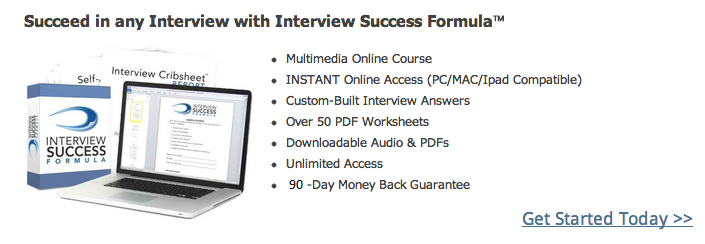You can create more powerful answers to interview questions for a job of your dreams, using this one technique.
You may be seriously worried that you can’t get the job:
Overqualified?
Thick accent?
Want to be more memorable?
Stories can help you craft those answers to interview questions for a job in any field.
A little over a week ago, I was contacted by a new Interview Success Formula customer, whom we’ll call Ned. Overall, Ned is a pretty impressive individual. Ned speaks 5 languages and has managed teams of up to 15 people around the world. But his results in the job market were not as strong.
Despite strong qualifications, Ned was turned down in recent interviews because employers felt his English wasn’t good enough.
Personally, I found this to be inaccurate. Ned’s accent is noticeable, but by the end of my 15-minute phone conversation with Ned, I had gotten used to it and found his English to be strong.
So what happened to Ned?
Like job seekers who are deemed “overqualified”, Ned’s interviewers had typecast him, and then stopped paying attention. Perhaps, they were afraid that they would be unable to relate to Ned. Whatever, the cause they stopped seeing Ned as a person.
This past week, Ned’s interview went differently. Because this time, his answers to job interview questions were different in one crucial way.
Ned told me that he started including stories. He shared the past experiences that proved his qualifications for this position.
Sometimes, he had his interviewers laughing out loud because of his stories. At other moments, they were so intrigued that they would ask him to expand on his shorter 1-2 minute story answers, to double that length.
After the formal interview questions and answer session for the job was over, Ned got a personal tour of the facility, and was told that while there were still more candidates to interview that week, he was the most qualified to date.
Why was the reaction to Ned and his answers so different?
Ned captured the interviewers’ attention. They stopped listening for his accent, and started listening to the stories he was sharing in his answers. After listening, they found that despite Ned’s different background they could relate to him and his experiences, and even share a laugh together.
If you are like most job seekers, you will be like Ned. Like the vast majority of job seekers, you won’t be the perfect candidate for the job. You will break from the mold in one way or another, which can give an interviewer pause.
To prevent these potential differences from getting in the way, for nearly every question, add stories in your answers. Show that you are a real person the interviewer can connect with and can trust to deliver the work that needs to get done in this job.
Remember, you can be highly qualified like Ned and a great worker. Those talents are separate from any struggles you may face on the job market and in the interview process. Make sure to use stories and learn what is necessary to prepare powerful answers to interview questions of the job you want.


